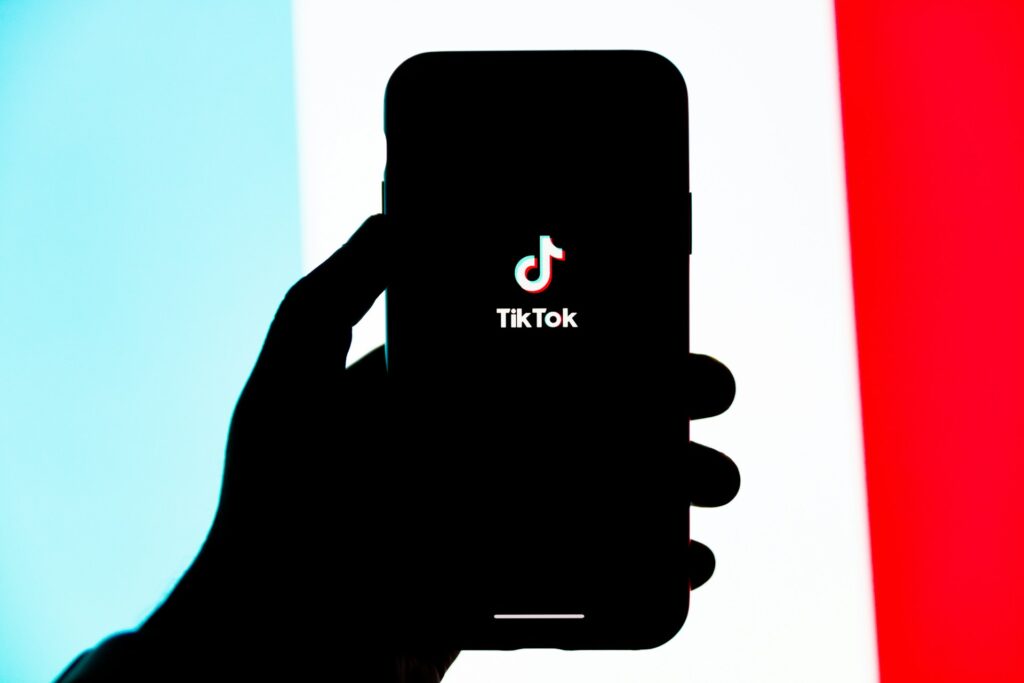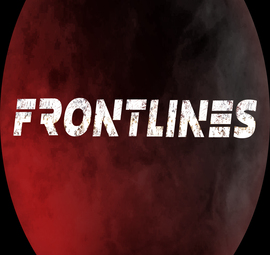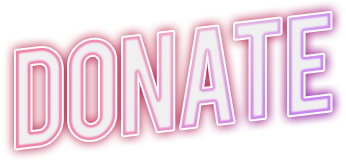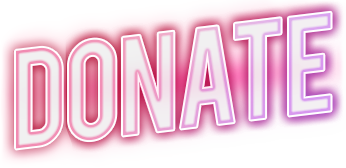Supreme Court Hears Arguments Regarding TikTok Ban, Could Issue Ruling as Soon as Wednesday

The Supreme Court is poised to issue a ruling on whether to uphold a federal law mandating TikTok to divest from its parent company, ByteDance, or face a ban in the United States. The decision could come as soon as Wednesday, following oral arguments last week that hinted at the justices leaning toward upholding the law.
During last Friday’s arguments, TikTok contended that the law infringes on its First Amendment rights. The federal government, however, has argued that national security concerns necessitate the ban due to ByteDance’s Chinese ownership and potential data collection of US users.
According to Forbes, skepticism toward TikTok’s arguments emerged from both liberal and conservative justices. Justice Elena Kagan and Justice Amy Coney Barrett questioned whether TikTok’s First Amendment rights were genuinely at stake, emphasizing that the law primarily targets the company’s foreign ownership and its algorithm.
Justice Ketanji Brown Jackson noted that the case is less about free speech and more about TikTok’s affiliation with ByteDance. Chief Justice John Roberts also remarked that the law does not impede users’ freedom of expression, saying it is “not a burden” on TikTok or users’ “expression at all.”
Justice Brett Kavanaugh highlighted parallels between the TikTok case and historical examples of the US putting restrictions on broadcast companies having ties with foreign governments. He also mentioned that concerns have been raised regarding TikTok’s collection of US user data, saying it “seems like a huge concern for the future of the country.”
The ban, set to take effect on January 19, will force TikTok to cease operations in the US if the law is upheld. The Supreme Court’s decision to expedite oral arguments, rather than pausing the ban like requested, suggests a likely ruling in favor of the law.
TikTok’s lawyer, Noel Francisco, explained that should the court uphold the ban, “At least as I understand it, we go dark—essentially the platform shuts down.”
“It’s essentially gonna stop operating, I think that’s the consequence of this law,” Francisco explained.

















